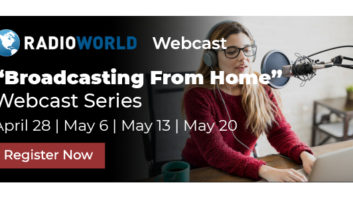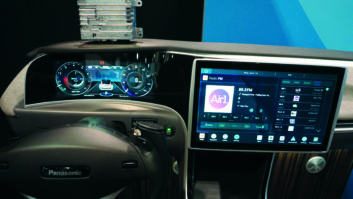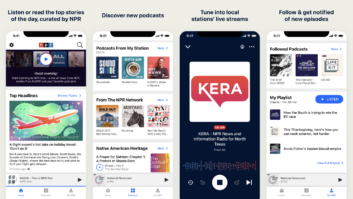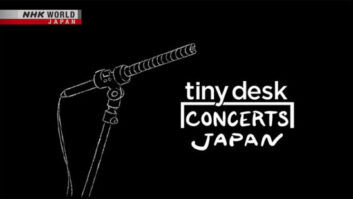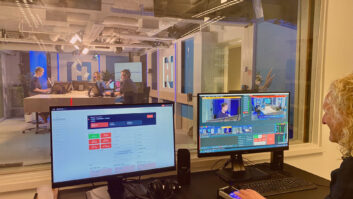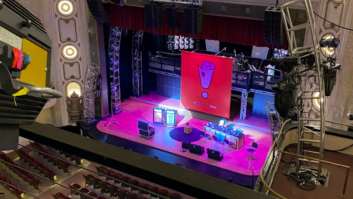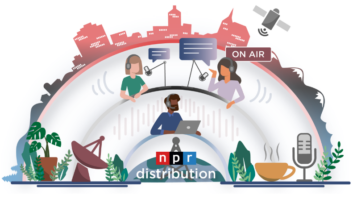When is a radio network not a radio network? When is a citizen a journalist … or a content provider?
NPR says it is among the news organizations trying to figure this out by taking part in YouTube Direct, which will let media organizations request, review and display video clips submitted by YouTube users. For example, NPR is inviting submissions to its science series “The WonderScope.”
YouTube, which is part of Google, is calling this project a “virtual assignment desk” that connects news organizations with citizen reporters. Other entities involved include the Huffington Post and the San Francisco Chronicle. It is an open-source app built from YouTube’s APIs; media companies can set up customized versions of YouTube’s upload system on their own sites, with the idea being that news organizations can “farm out” assignments to citizen reporters.
YouTube Direct is now embedded on NPR’s site, where, as NPR’s Anna Christopher put it, “we can easily solicit user-generated video and feature the pieces our editors select. This has obvious implications for breaking and major news events, but we are just as interested in its possibilities for special and one-off projects and series.”
She said that though NPR is known as a radio organization, “NPR’s role as a launch partner for ‘YouTube Direct’ is a great fit — we have a unique challenge to translate our high reporting standards into the visual realm.”
Christopher noted NPR has been trying new ways to do journalism through various multimedia offerings, and she says the network is “ready to invite our audience to take part more fully. There’s no question that they are enthusiastic based on their participation with us on Twitter, Facebook and the NPR Community, as well as the number of responses to our recent three-minute fiction contest.”





